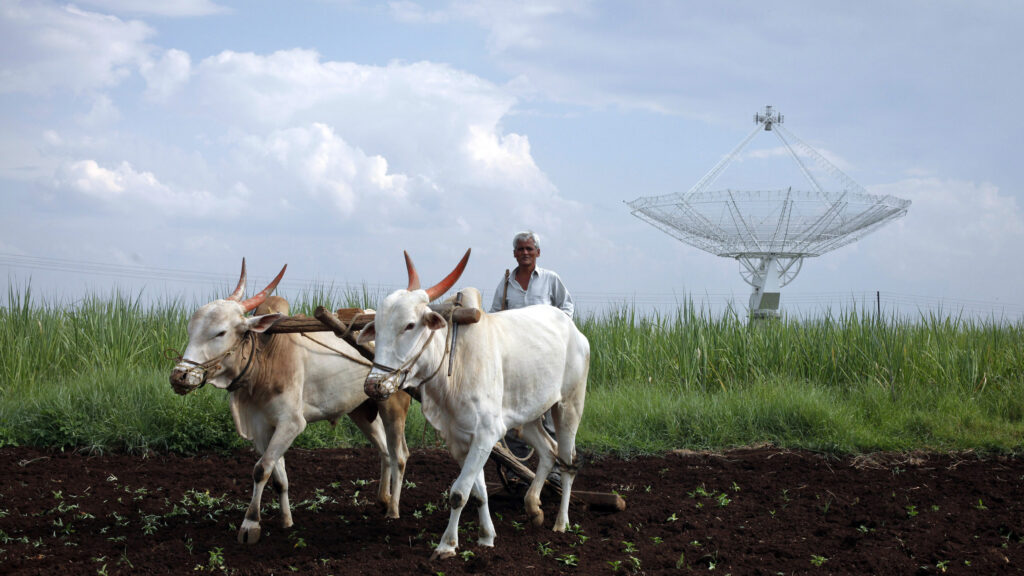
With such importance, the nation’s agricultural sector deserves comprehensive export-import policies that ensure its steadfast growth.
Indian agriculture holds a significant position in the national economy. It feeds the largest population in the world, contributes to around 17 to 18 percent of the country’s GDP, and employs the majority of the workforce. With such importance, the nation’s agricultural sector deserves comprehensive export-import policies that ensure its steadfast growth.
Indian agriculture, despite its potential, is plagued with numerous challenges such as low crop yield, lack of modern farming techniques, dependence on monsoon, small landholdings, and post-harvest losses. Furthermore, the international trade environment for agricultural products is also subject to frequent transformations that are influenced by a host of factors like changes in market dynamics, fluctuating climate conditions, evolving consumer preferences, technological advancements, and shifts in political agendas.
Given these complexities, the existing export-import policy might not fully cater to the ever-changing intricacies of the Indian agricultural landscape. Hence, a new policy oriented towards mitigating these challenges and harnessing the potential of the agriculture sector is the need of the hour.
The new policy envisioned should aim at stabilizing agricultural exports. Reducing fluctuations in commodity prices, and encouraging diversification to high-value crops. It must seek to promote the exporters by minimizing regulations, providing incentives, and improving infrastructure and logistics. It should also ensure that the benefits are passed on to the farmers, who are the backbone of this sector.
Import rules also need reform. They should be balanced with an aim to protect domestic producers. Yet without harming consumer interest, especially in periods of shortage. More importantly, they should be predictable to avoid unnecessary market panic.
Adequate attention must also be given to boost R&D facilities, upgrade technologies, and build human capital in the agricultural sector.
Conclusion: A Proactive Approach for a Prosperous Future:
A successful implementation of a revised, comprehensive export-import policy will not only help in substantial revenue generatio. But also improve farmers’ income, reduce poverty, and accelerate economic growth. Therefore, it is imperative to revisit the agricultural trade policy with a renewed emphasis on creating a stable, open, and equitable agri-trade regime.
With a proactive and dynamic approach, India can turn the new challenges into promising opportunities. Paving the way for a prosperous and sustainable agricultural future. After all, robust agriculture is the foundation of a resilient nation.
